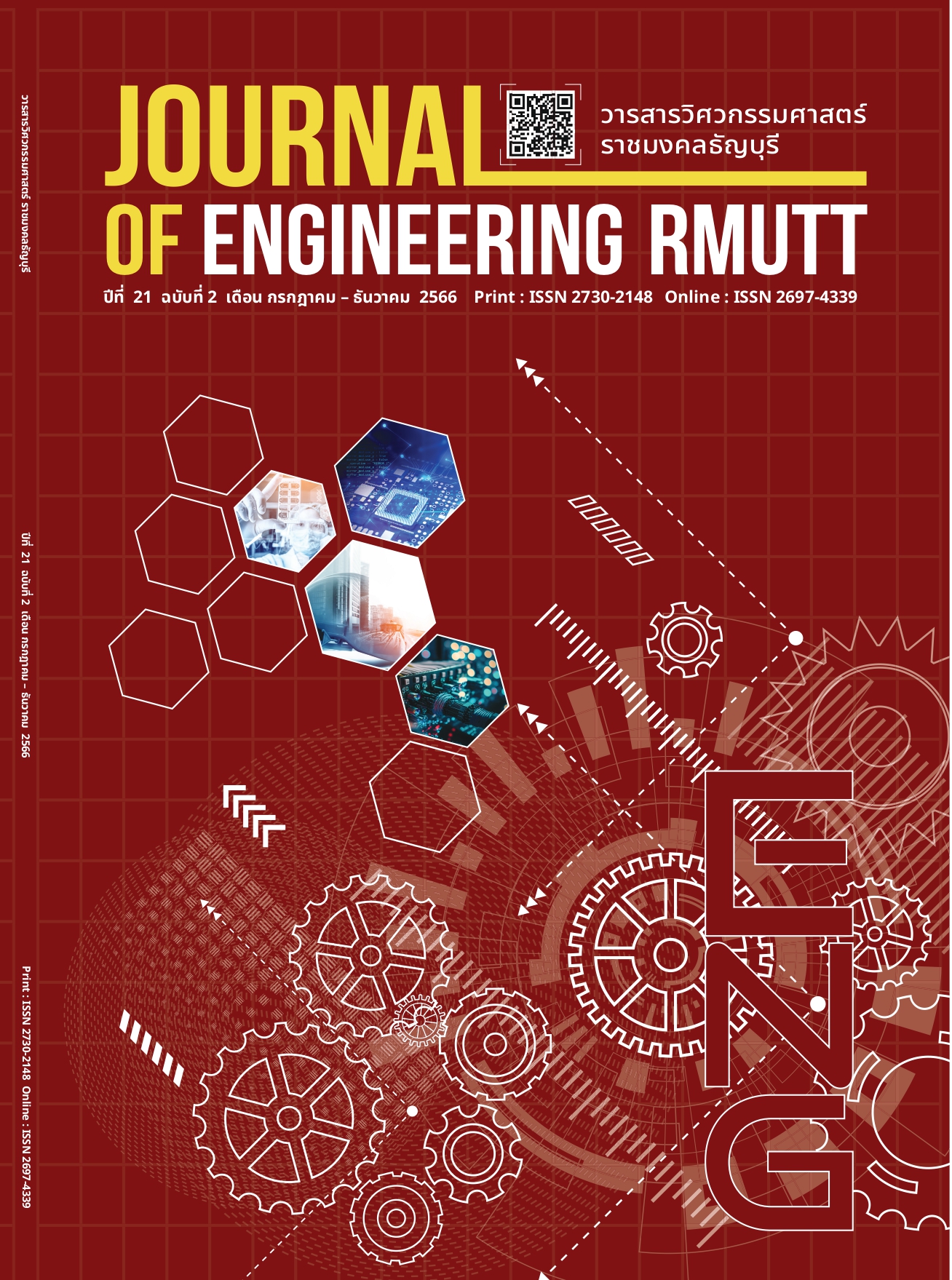Development of Management Model and Production Planning for the Ban Haad Mango Community Enterprise
Main Article Content
Abstract
This research aimed to study the management model and mango production planning. The qualitative research approach utilized the semi-structured interview as a data collection tool, involving a total of 10 key informants participating. The quantitative research method applied mathematical model using linear programming for mango production planning. Research has found that management by an experienced group leader with leadership qualities, close relationships among members within a kinship system typical of rural societies, coming together to distribute tasks based on skills, and serving as a learning center, results in a learning society. This aligns with government policies to create local networks, benefiting members by reducing production costs, increasing output, and enhancing export value. This model is described by the MASEE Model, consisting of: M: Management, A: Assignment (task delegation based on the group's operational structure), S: Social learning, E: Empathy (skills in understanding others' feelings), E: Engagement (members feeling a sense of ownership in the organization). Furthermore, from a mathematical perspective, the case study farmer group should utilize 73.53% of their total land for mango production to meet the demand for each period. Therefore, adapting a new working model, applying a mathematical approach to plan mango production for each period, can help the case study farmer group plan their mango production more efficiently, considering labor and land constraints
Article Details

This work is licensed under a Creative Commons Attribution-NonCommercial-NoDerivatives 4.0 International License.
The manuscript, information, content, picture and so forth which were published on Frontiers in engineering innovation research has been a copyright of this journal only. There is not allow anyone or any organize to duplicate all content or some document for unethical publication.
References
Trade Policy and Strategy Office. Analysis of Thailand's Economic Trade Situation by Region. Available at: https://production.doae.go.th/. Accessed Oct 6, 2023. (in Thai)
Neal A, Griffin MA. A study of the lagged relationships among safety climate, safety motivation, safety behavior, and accidents at the individual and group levels. J APPL PSYCHOL. 2006;91(4):946-53.
Fayol H. General and industrial management. London: Sir Isaac Pitman & Sons; 1949.
Ping L, Jing X, Othman B, Yuefei F, Kadir ZBA, Ping X. An intercultural management perspective of foreign student’s adaptation in Chinese universities: a case study of China Three Gorges University. Eng. Technol. Appl. Sci. Res. 2019;9(2):3971-7.
Harun A, Mahmud M, Othman B, Ali R, Ismael D. Understanding experienced consumers towards repeat purchase of counterfeit products: the mediating effect of attitude. Manag. Sci. Lett. 2020;10(1):13-28.
Bishop J, Bouchlaghem D, Glass J, Matsumoto I. Ensuring the effectiveness of a knowledge management initiative. J KNOWL MANAG. 2008;12(4):16-29.
Daft RL. Understanding the theory and design of organization. Mason, OH: Thomson South-Western; 2007.
Sadq ZM, Othman B, Mohammed HO. Attitudes of managers in the Iraqi Kurdistan region private banks towards the impact of knowledge management on organizational effectiveness. Manag. Sci. Lett. 2020;10(8):1835-42.
Chum-Un M, Bhrammanachote W, Jaikaew A, Srisamran J, Intipeek K, Pheerapongdecha K. Supply chain management for value creation of economic plants in muang district, Mae Hongson province. Journal of Accountancy and Management MSU. 2020;12(3),49-62. (in Thai)
Jafari H, Koshteli QR, Khabiri B. An optimal model using goal programming for rice farm. Appl. Math. Sci. 2008;23(2):1131-6.
Balterio LD, Bertomea M, Bertomeu M. Optimal harvest scheduling in eucalyptus plantations a case study in Galicia (Spain). FOREST POLICY ECON. 2009;11:548-54.
Limpianchob C. A mixed-integer linear programming model for cultivating planning
and choosing the transportation mode for the lettuce supply chain. Thai Journal of Operations Research. 2013;1(2):12-23. (in Thai)
Jewpanya P, German JD, Nuangpirom P, Maghfiroh MFN, Redi AANP. A decision support system for irrigation management in Thailand: case study of Tak city agricultural production. Appl. Sci. 2022;12,10508. https://doi.org/10.3390/app122010508
Songmaa K, Poolsawada N, Chom-ina T, Thanungkanoa W. Optimal crop pattern for the maximum net income using linear optimization in Mae Chaem district, Chiang Mai province. Thai Journal of Science and Technology. 2021;10(4):487-99. (in Thai)
Tantiyanukoon P, Chaipat C, Chalermpolyothin L. Planning of agricultural production by using linear programming model based on the concept of sufficiency economy in the area of Prachuap Khiri Khan province. Rattanakosin Journal of Social Sciences and Humanities. 2020;3(3):25-34. (in Thai)
Benini M, Blasi E, Detti P, Fosci L. Solving crop planning and rotation problems in a sustainable agriculture perspective. COMPUT OPER RES. 2023;159,106316. https://doi.org/10.1016/j.cor.2023.106316.
Sricharumedhiyan C, Vaddhano PT. Leadership and community development. Khon Kaen: Mahamakut Buddhist University Isan Campus; 2017. (in Thai)
Thamsirikhwan P, Chuewong P, Promsila M, Khampet C, Timathan S, Pornperrmsub T. The development of virtual learning community model of mango learning center for mango production enterprise group in Bangkhla district, Chachoengsao province. NRRU Community Research Journal. 2018;12(1):87-97. (in Thai)


